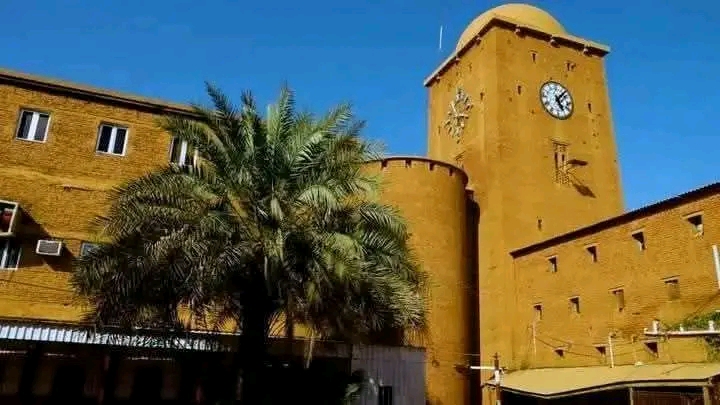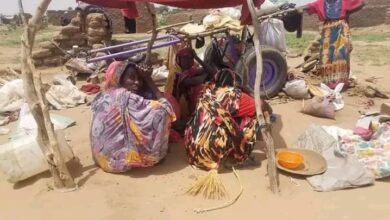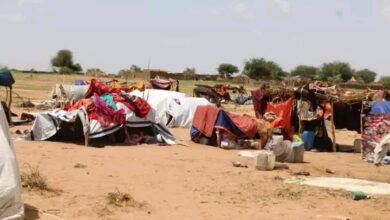Residents of Khartoum: A Steady Return to Restore Life and Adapt to Reality
Report by Safaa Taj Al-Sir

A gradual return is underway in Sudan’s capital, Khartoum, with residents, shops, institutions, banks, and universities reopening their doors.
After more than two years of war between the army and the Rapid Support Forces (RSF), the city is striving to rise again from the devastation it has endured.
A number of displaced people and refugees have returned to Khartoum State, their resolve echoing: “We will keep chiseling at the wall; either we open a breach for the light or die facing the wall.”
Altered Landmarks
Many of Khartoum’s well-known landmarks have been completely or partially burned and destroyed, in addition to widespread looting and theft targeting homes, institutions, banks, and financial establishments.
Despite the many challenges of destruction, vandalism, and significant property losses, many Sudanese families—both within the country and abroad—have made their way back.
Meanwhile, the Supreme Committee for Environmental Preparation for Citizens’ Return to Khartoum State has laid out time-bound programs to restore services and reactivate government institutions in the capital.
The electricity committee announced that several power stations would resume operation in the coming days.
“Mashawir” Met with Returning Residents
A Difficult Choice
Asia Omar, a resident of Omdurman, told Mashawir:
> “I fled to Egypt when the fighting escalated, but we were caught between two fires—the war and the soaring cost of living. Although conditions in Cairo were better, rent prices were extremely high.
> After Khartoum was liberated, we returned to Sudan to live among our relatives and families. Life has gradually come back; markets and shops have reopened.
> Most families have returned to Khartoum because living in neighboring countries is difficult. We’re ready to start our lives over, and I believe Sudan is better for us.
> I urge the authorities to speed up the restoration of electricity and water services, as they are vital—especially for hospitals and other essential sectors.”
A Call to Return
Afra Al-Zaki, who lives in the Al-Lamab neighborhood of Khartoum, expressed her joy at returning to Sudan:
> “Living conditions are steadily improving. Shops and bakeries in Al-Lamab Bahr Al-Abyad have reopened, as well as solar-powered water stations, hospitals, and health centers.
> Prices of consumer goods are affordable compared to those outside Sudan, enabling many people to meet their daily needs.”
Hardships and Challenges
In the same context, Sumaya Jali shared her displacement ordeal with Mashawir:
> “I endured a year and a half of hardships staying in my home in the Kober area, facing many crises. I then moved to Al-Adhba in Bahri, then to Haj Yousif, and finally to River Nile State—a journey that took three days.
> Along the way, I was robbed by RSF forces, and men were subjected to abuses. Eventually, I returned to Khartoum State, where I now move between Kober and Old Bahri due to a lack of services. The water crisis was the main issue, but thankfully, things are improving, and hospitals are functioning again.”




